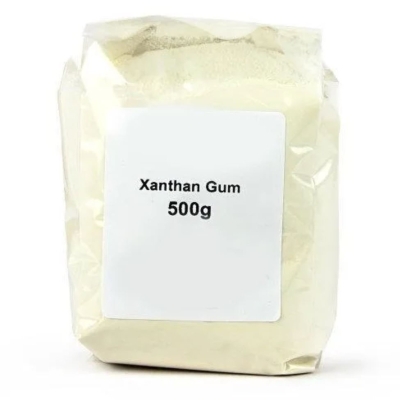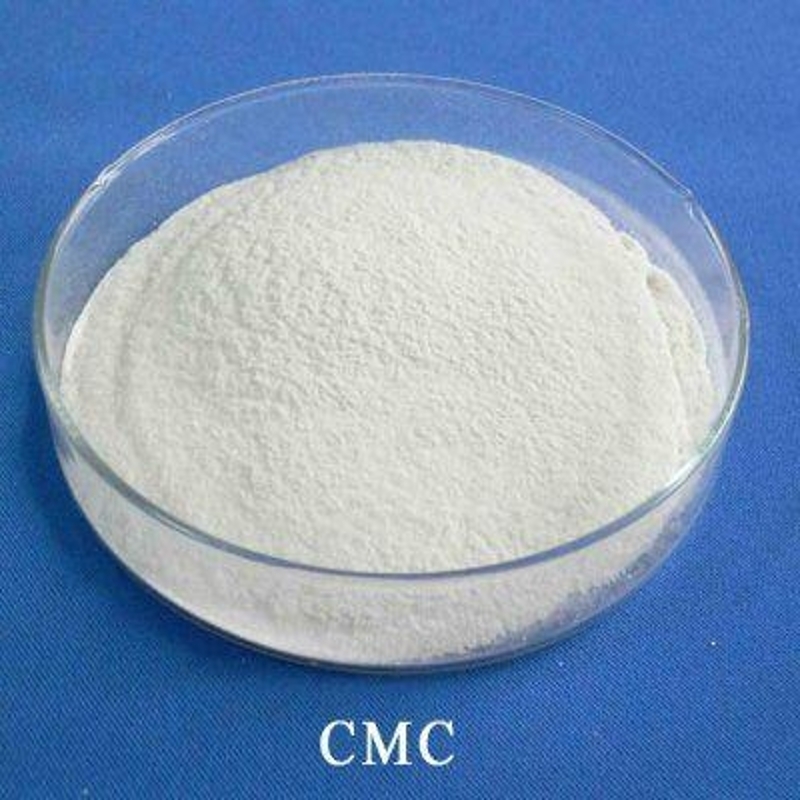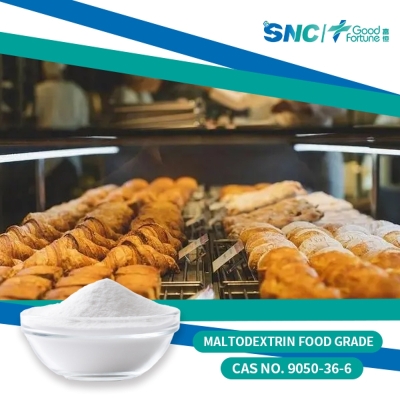-
Categories
-
Pharmaceutical Intermediates
-
Active Pharmaceutical Ingredients
-
Food Additives
- Industrial Coatings
- Agrochemicals
- Dyes and Pigments
- Surfactant
- Flavors and Fragrances
- Chemical Reagents
- Catalyst and Auxiliary
- Natural Products
- Inorganic Chemistry
-
Organic Chemistry
-
Biochemical Engineering
- Analytical Chemistry
-
Cosmetic Ingredient
- Water Treatment Chemical
-
Pharmaceutical Intermediates
Promotion
ECHEMI Mall
Wholesale
Weekly Price
Exhibition
News
-
Trade Service
Original title: Types and characteristics of water-based thickeners
Water-based thickener is a rheological additive, which can not only thicken coatings and prevent sagging during construction, but also impart excellent mechanical properties and storage stability to coatings
Research on water-based thickeners
Research on water-based thickenersTypes of water-based thickeners
Types of water-based thickenersAt present, there are many types of thickeners available on the market, but there are mainly only four types of inorganic thickeners, cellulose, polyacrylate and associative polyurethane thickeners
The first category: Inorganic thickeners are a kind of gel minerals that swell with water to form thixotropy
The second category: cellulose thickeners have a long history of use and many varieties, including methyl cellulose, carboxymethyl cellulose, hydroxyethyl cellulose, hydroxypropyl methyl cellulose, etc.
The third category: polyacrylate thickeners can be basically divided into two types: one is a water-soluble polyacrylate; the other is a homopolymer or copolymer emulsion thickener of acrylic acid and methacrylic acid.
The third category: polyurethane thickeners are newly developed associative thickeners in recent years
Characteristics of various water-based thickeners
Characteristics of various water-based thickenersInorganic thickeners:
Inorganic thickeners have the advantages of strong thickening, good thixotropy, wide range of pH value adaptation, and good stability
Cellulosic thickeners:
Cellulosic thickeners have the characteristics of high thickening efficiency, especially for thickening of aqueous solutions; less restrictions on coating formulations, wide application; wide pH range that can be used
Acrylic thickeners:
Polyacrylic acid thickeners have strong thickening properties, good leveling properties, and good biological stability, but are sensitive to pH value and have poor water resistance
Associative polyurethane thickeners:
The associative structure of associative polyurethane thickener is damaged under the action of shear force, and the viscosity decreases.
Source of the article: The article comes from "China Federal Thickener", please indicate the source for reprinting
Editor:







